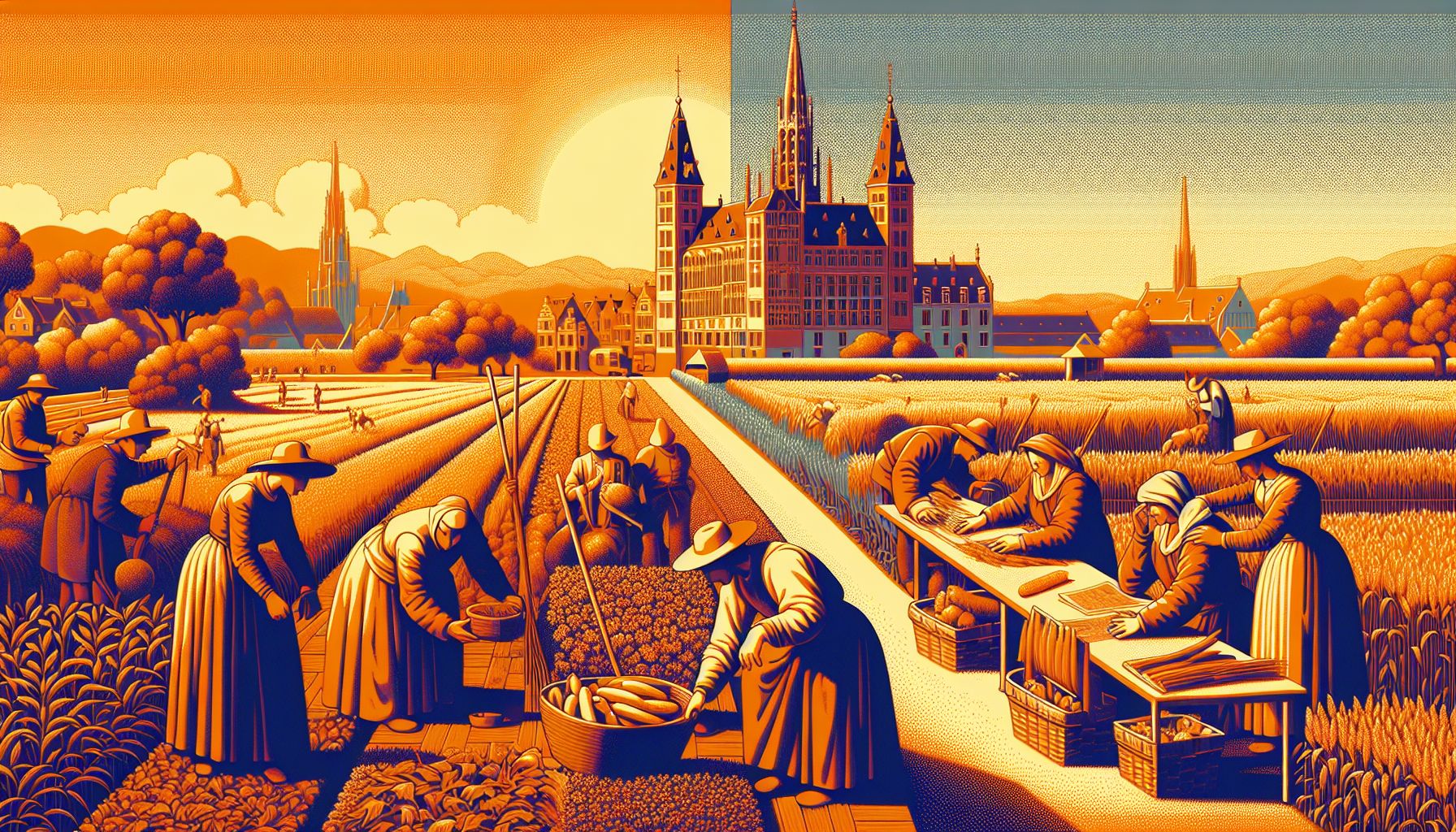Netherlands Unveils Funding for Sustainable Agriculture Projects

The Hague, Sunday, 12 January 2025.
The Dutch government introduces grants to boost sustainable agriculture, supporting climate goals through technology and ecosystem health advancements.
Agritech Innovation at the Forefront
This initiative falls firmly in the agritech sector, with the Dutch Ministry of Agriculture, Food Security and Nature (LVVN) spearheading efforts to create sustainable food systems and valuable natural environments for current and future generations [1]. The Netherlands, already established as the world’s second-largest agricultural exporter with €111 billion in exports [2], continues to demonstrate its commitment to agricultural innovation and sustainability.
Leading Companies Driving Change
Several Dutch companies are at the forefront of this sustainable agriculture revolution. Sensoterra, founded in 2015, has developed innovative wireless soil moisture sensors for precision agriculture, while Odd.Bot, established in 2018, has created AI-powered weeding robots that can remove 70% of weeds in organic carrot fields [3]. These technologies directly address the €100 million annually spent on hand weeding by EU organic farmers [3].
Sustainable Solutions for Urban and Rural Agriculture
The funding initiative supports both traditional and urban farming innovations. Companies like Grovero, founded in 2020, are developing MiniGro microfarms for year-round urban cultivation [3]. Meanwhile, established operations like Duijvestijn Tomatoes demonstrate the potential of sustainable agriculture, producing approximately 100 million tomatoes annually using hydroponic systems and geothermal energy [2].
Global Impact and Future Outlook
This initiative aligns with broader international efforts to address global food security challenges, particularly the need to feed an expected 10 billion people by 2050 [2]. The Dutch approach emphasizes precision farming techniques and technological innovation, with organizations like Bayer ForwardFarming promoting knowledge sharing and practical experiences across global farming networks [5]. These efforts demonstrate how sustainable agriculture can balance economic viability with environmental stewardship.

